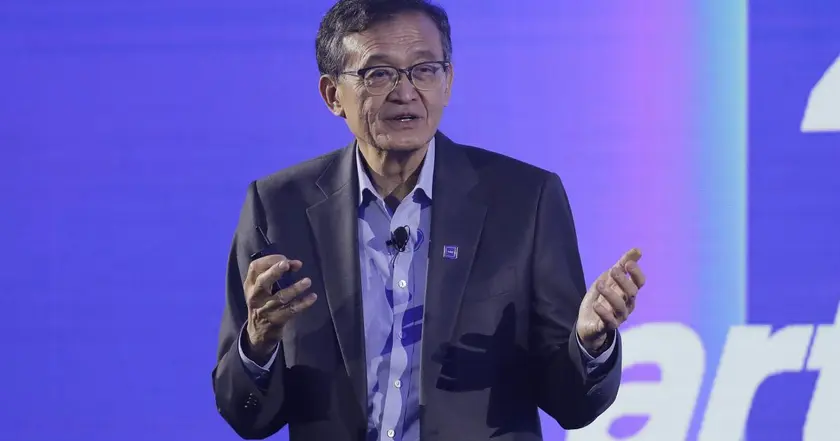T4K3.news
Intel CEO Resists Resignation Demand
Intel CEO Lip-Bu Tan pushes back against resignation calls amid concerns over China links and ongoing White House talks.
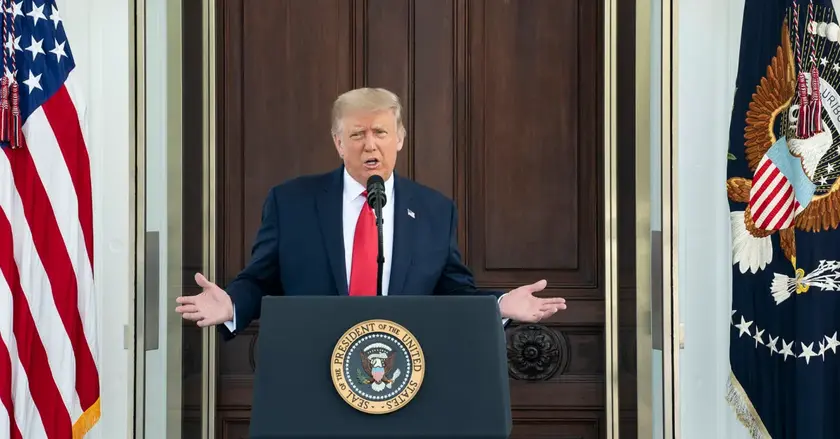
Intel chief Lip-Bu Tan rejects calls to resign amid scrutiny over past ties to China.
Intel CEO defies Trump resignation demand in open letter
President Donald Trump publicly demanded the resignation of Intel CEO Lip-Bu Tan over accusations of deeply conflicted ties to China. Tan has led Cadence Design Systems before joining Intel, a firm that pleaded guilty to selling chip-design products to a Chinese military university, according to the Wall Street Journal. A Reuters investigation earlier this year found Tan invested in hundreds of Chinese tech firms, including several with links to the People s Liberation Army. The calls from Trump followed questions from Republican Senators about Tan s suitability, adding to friction with Intel s board as the company maps its future.
Tan published a letter to all Intel employees, later posted on the company site, defending his record and pledging loyalty to both the United States and Intel. He said he has lived in the United States for more than 40 years, loves the country, and has always operated within the highest legal and ethical standards. Intel s board has expressed support for Tan for now and said the company is in talks with the White House to address the matters and ensure the facts are clear. The company also highlighted a plan to ramp high volume manufacturing using the most advanced semiconductor process technology in the United States later this year.
Trading on the news showed a swing in sentiment: the stock fell early, edged higher later in the session, and finished up modestly, though it remains well below the post spike high seen after Tan s appointment. The episode highlights how political scrutiny now intersects with corporate governance in the U.S. tech sector.
Key Takeaways
"The United States has been my home for more than 40 years. I love this country and am profoundly grateful for the opportunities it has given me."
Tan s personal defense of his record in the employee letter
"There has been a lot of misinformation circulating about my past roles at Walden International and Cadence Design Systems. I have always operated within the highest legal and ethical standards."
Tan addressing past roles and ethics
"We are engaging with the Administration to address the matters that have been raised and ensure they have the facts."
Tan on government engagement
"Leading Intel at this moment is not just a job it is a privilege"
Tan describing his leadership role
Viewed in a broader frame, the episode shows how tech leadership sits at the crossroads of policy and profit. The board backing signals a preference for stability, even as lawmakers press for clarity on national security and ties to China. If White House engagement deepens, Intel could face renewed pressures over disclosure and governance that affect investment decisions and its long term strategy. For investors and workers, the central question is whether leadership can stay focused on delivering the company s manufacturing and product roadmap amid political heat. This is a reminder that the best run businesses still face political tests that can shift timelines and risk tolerance.
Highlights
- Trust is earned by action not headlines
- Leadership is tested when politics meets the factory floor
- Policy and markets now share a single stage
- Steady hands are needed in a time of risk
Political and financial risk from leadership scrutiny
The call for a CEO resignation tied to national security concerns and China ties introduces political pressure, regulatory scrutiny, and potential investor volatility for Intel. Ongoing government engagement could influence governance norms and strategic decisions, affecting stock performance and reputation.
The outcome will depend on the intersection of policy clarity and execution strength.
Enjoyed this? Let your friends know!
Related News
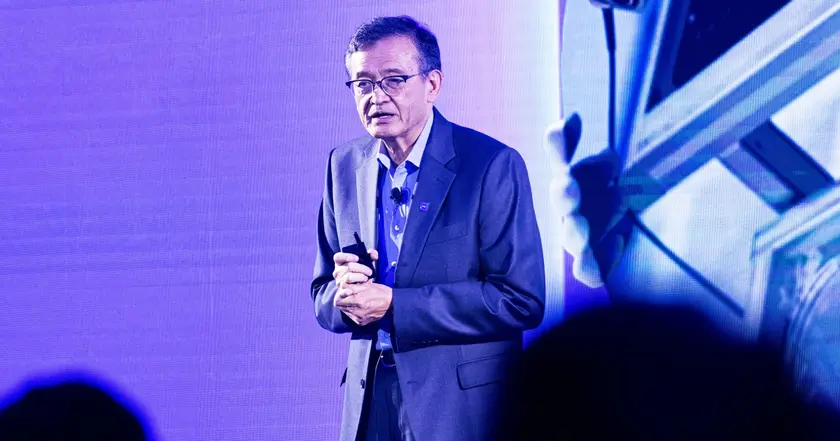
Trump demands Intel CEO resignation
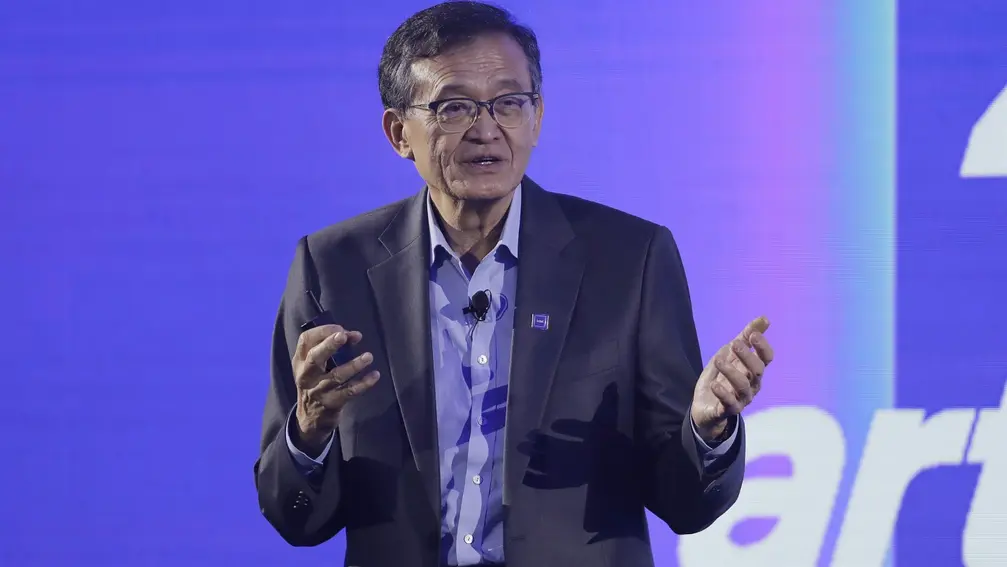
Trump demands Intel CEO resign over conflicts
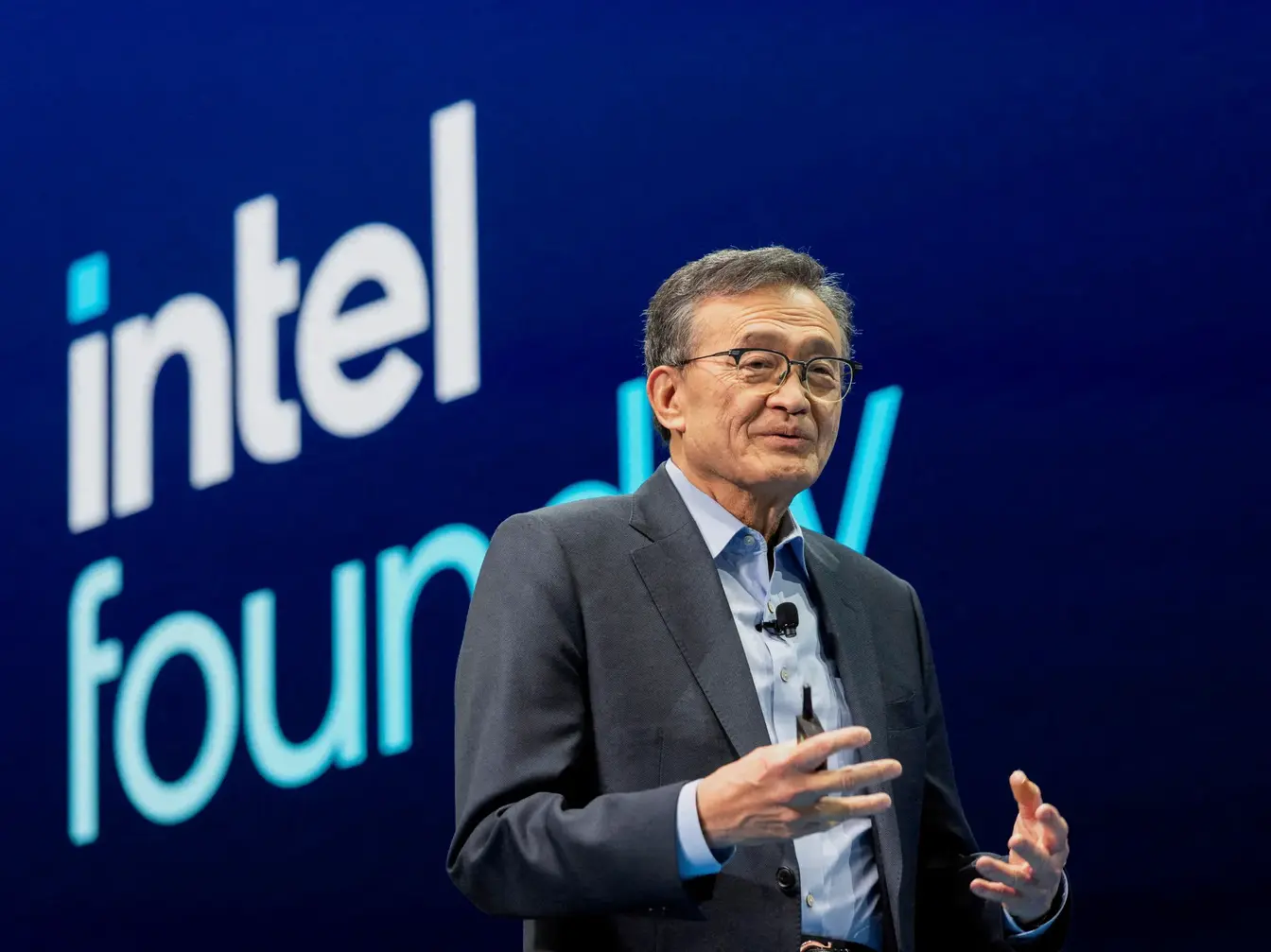
Trump demands Intel CEO resign over China ties
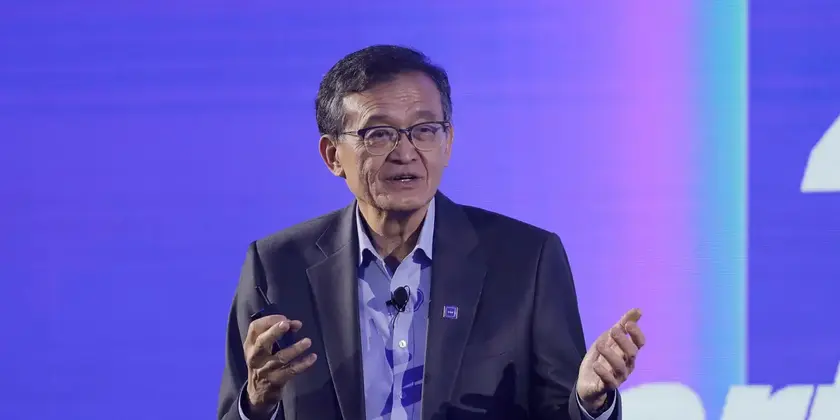
Intel CEO responds to Trump resignation demand
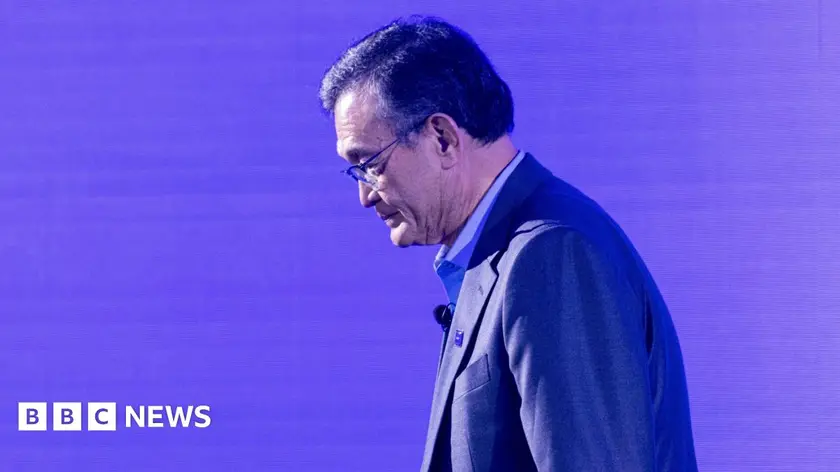
Trump calls for Intel CEO to resign over China ties
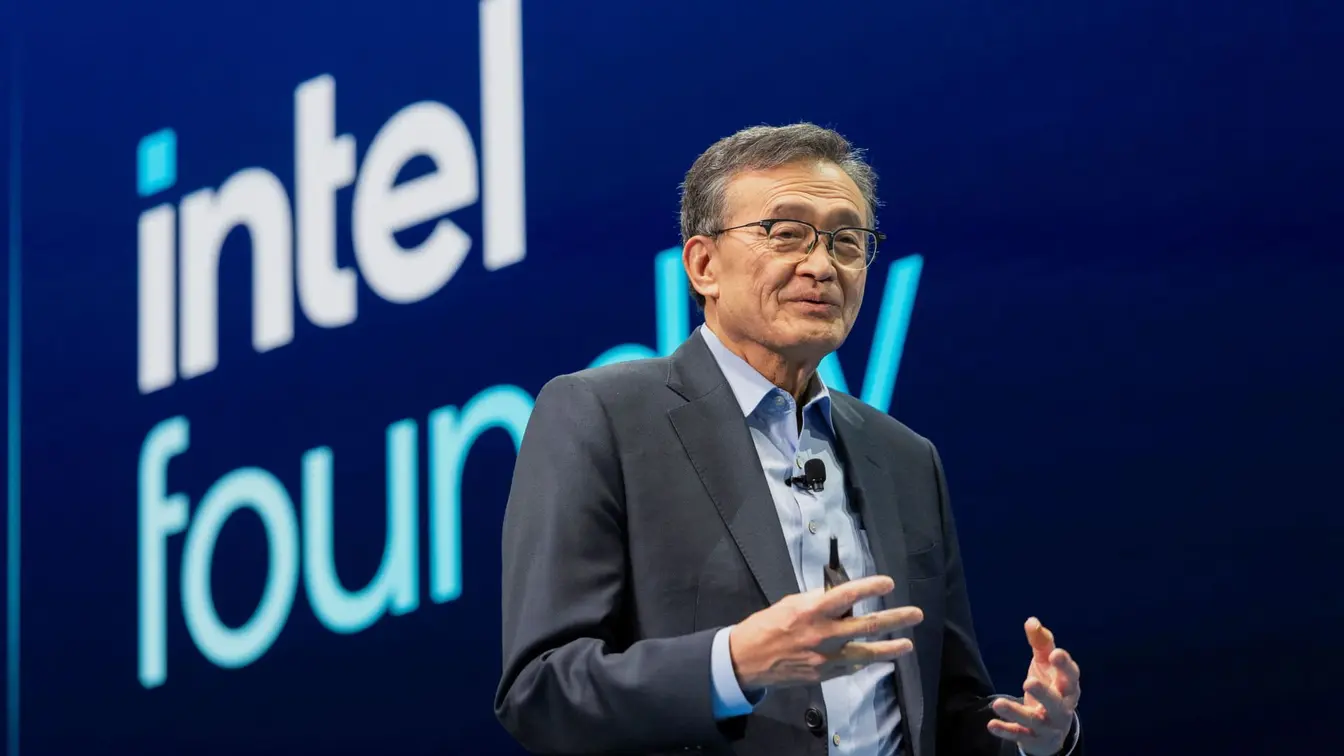
Trump demands Intel CEO resign amid stock drop
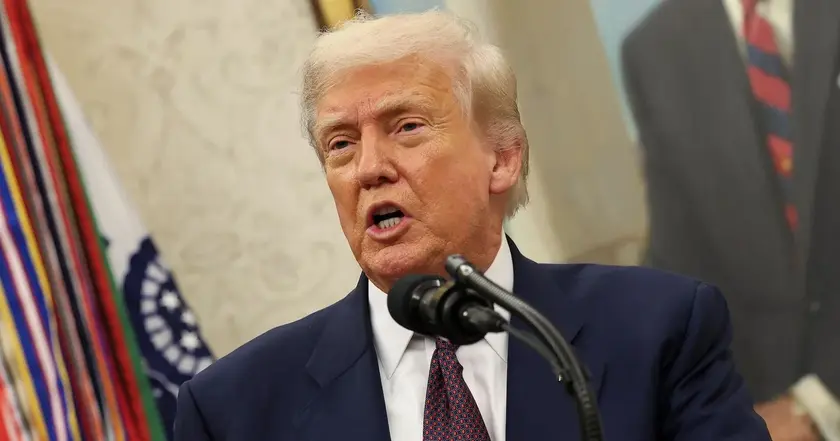
Trump calls for Intel CEO to resign amid conflict allegations
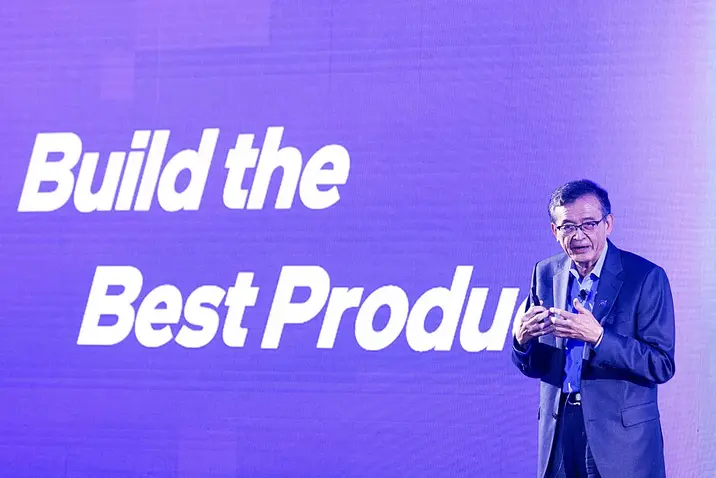
Trump calls for resignation of Intel CEO
